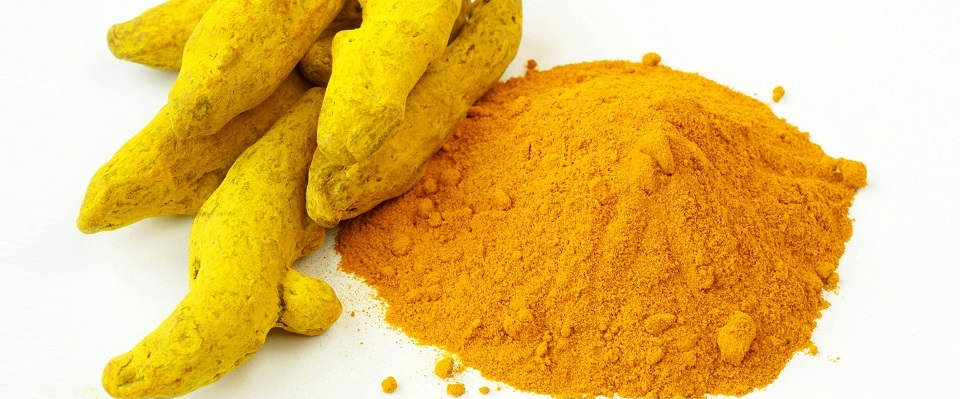Lung cancer is one of the most common types of cancer worldwide and is characterized by a poor prognosis, related to both late diagnosis and lack of effective treatments. In the last years, microRNAs (miRNAs) have been demonstrated to have an important role in tumor microenvironment and immune regulation. These RNAs can be categorized into tumor-suppressor genes, such as let-7 family and miR-34, and oncogenes such as miR-221 and miR-222. Curcumin is a bioactive polyphenol that is documented to have promising anticancer activity, and to be well tolerated in humans.
The present review aims to gather available evidence on the involvement of mRNAs in the therapeutic effects of curcumin against lung cancer.








